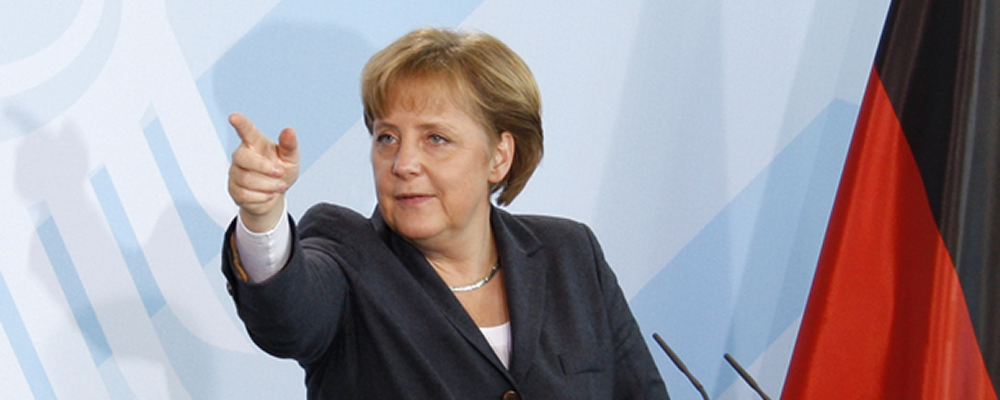Increasing Odds of German Unity Trigger EUR/AUD Exchange Rate Rise
The Euro has made a minor advance against the Australian Dollar today, following a positive update in ongoing German coalition talks between the CDU/CSU and SPD.
The hope is for an imminent announcement of another ‘grand coalition’ between the parties, which would restore Germany’s government three months after the 2017 election.
In an update, SPD leader Martin Schulz has issued a broadly optimistic statement, which suggests that a union agreement could be fast approaching.
Schulz has declared that; ‘The mood was excellent’ in the latest discussions, while fears of a rejection of a grand coalition have also diminished.
There were concerns that SPD factions could oppose a grand coalition in an upcoming vote, but as this might damage party reputation, a rebellion is seen as less likely.
Summing up the situation, SPD General Secretary Lars Klingbeil has said;
‘Before voting at the party congress, SPD delegates should be aware that there are only two realistic scenarios: negotiating further or new elections’.
Neither is seen as a desirable outcome, given that major parties like the SPD, CDU and CSU all suffered from a historic lack of support in the late 2017 vote.
Euro Traders Anxious on Signs of Closer Eurozone Integration
German coalition talks have largely been in the foreground this week, but in the background are plans to bring the Eurozone closer together in the coming years.
The plans, spearheaded by French President Emmanuel Macron, are designed to form a common EU budget, along with equal corporation tax plans across the Eurozone.
Although the next German government hasn’t been decided yet, party plans suggest that all three of the major players are ready to commit to this narrowing path.
While there are worries of reduced competition in the Eurozone, there are also hopes that with greater unity the currency bloc will be less vulnerable to external threats.
Australian Dollar to Euro Exchange Rate Slides after Unemployment Rises
An unexpected increase in Australian unemployment has weakened the Australian Dollar today, causing a minor decline against the Euro.
Although the number of employed persons rose by 34.7k persons, the unemployment rate also increased from 5.4% to 5.5%.
The AUD/EUR rate decline may be down to a knee-jerk trader reaction to higher unemployment, as this figure was mainly down to more people seeking work.
Regarding the overall stats as positive, Felicity Emmett of ANZ Bank said;
‘The labour market clearly remains in great shape, with another strong gain in employment in December confirming that underlying momentum in the economy remains solid.
Encouragingly, the rise in the participation rate to a near record high suggests that the strength in the labour market is pulling more workers back into the labour force’.
Euro to Australian Dollar Outlook: EUR/AUD Turbulence Possible on Confidence Stats
Next week’s first significant Eurozone data will come out on 23rd January, consisting of German and Eurozone-wide ZEW confidence indexes.
Eurozone economic confidence is predicted to have declined in January, while traders are also forecasting a slight reduction in perceptions of German current conditions.
In both cases, the outlook is negative, so the Euro could well decline on such results.
The next Australian Dollar-influencing news will come late on 22nd January, when the ANZ-Roy Morgan weekly consumer confidence index is announced.
This previously showed rising confidence, so another increase could push up the AUD/EUR exchange rate.



